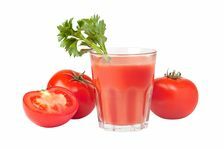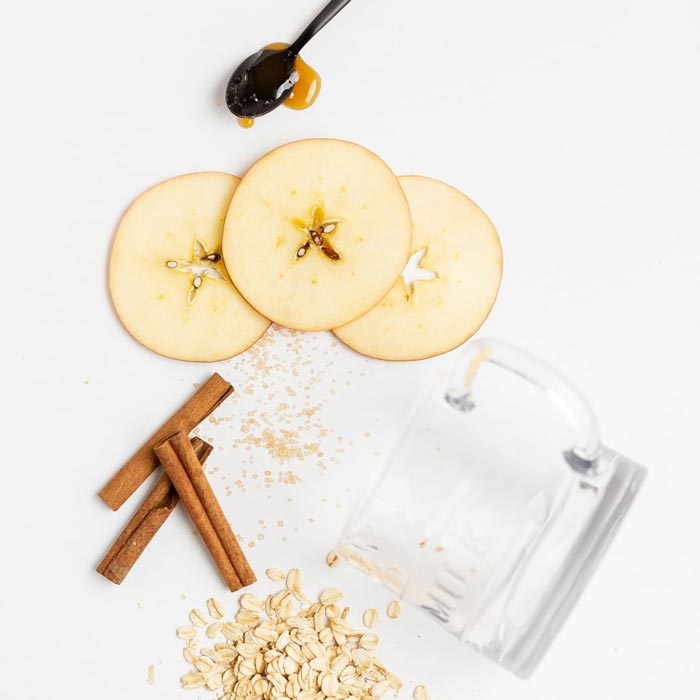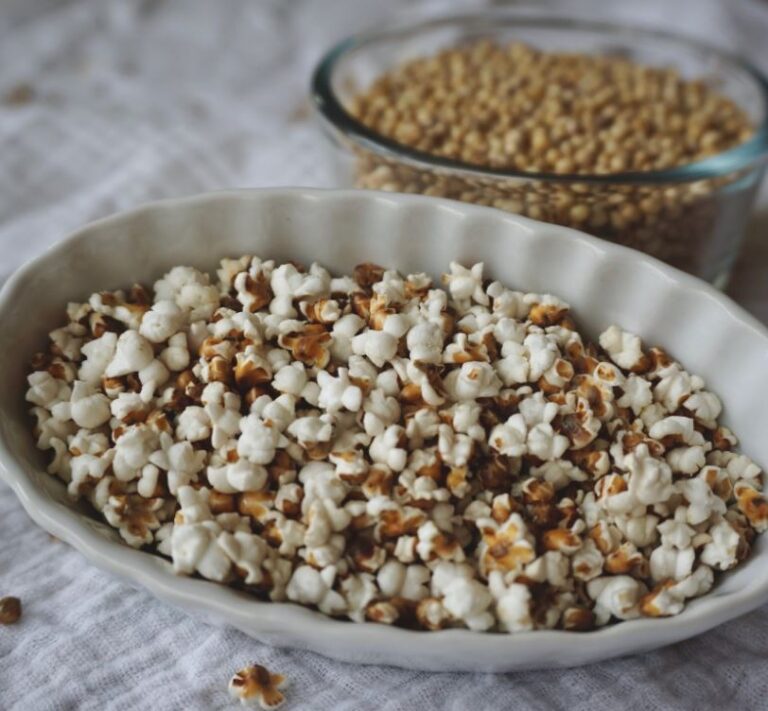8 Best Anti-Aging Foods
The aging process cannot be stopped, but it can be slowed down. The first step is to follow a balanced and appropriate diet if you are 50+. The body requires a healthy lifestyle to be in shape even at an advanced age.
As the years pass, the body changes not only from an aesthetic point of view, but also from a functional point of view. You probably don’t hydrate as much as before, because you’re not so thirsty anymore. Maybe the appetite decreases or the food doesn’t taste the same anymore or maybe the teeth don’t allow you to chew any type of food you want. An inadequate diet and lack of physical exercise can affect both the way you look after the age of 50, as well as the way the body works.
It is necessary to talk to the doctor about any concerns you have about the diet you must adopt, but also about the way you should carry out your daily physical activities. You probably already know that an anti-aging diet must be rich in fruits and vegetables, healthy proteins, whole grains, skim milk and limited salt consumption. However, there are certain foods that have a direct and much more intense antiaging effect.
[ruby_related heading=”More Read” total=5 layout=1 offset=5]
What are the best anti-aging foods?
Water
Although water is not actually food, it plays an extremely important role in the anti-aging process. Many elderly people do not drink enough water, because they no longer feel the sensation of thirst as before or simply its taste is not in the top of preferences. But the human body is mostly made up of water. If you are dehydrated, your cells and organs will suffer and certain symptoms may appear, such as fatigue, confusion, low heat tolerance and constipation.
Blueberries
Besides the fact that they are delicious, currants are also full of vitamins and antioxidants. They contain large amounts of vitamins C and E, with the role of preventing or reducing the destruction of cells. Make the most of currants, especially when the fresh ones appear.
Fiber
Fibers, obtained from fruits, vegetables and whole grains, help to regulate the digestive system. These fight against constipation, a problem frequently encountered in older people. In addition, fibers lower the level of “bad” cholesterol, blood pressure, reduce inflammation and lower blood sugar levels. Therefore, they maintain heart health, prevent diabetes and help you maintain a normal body weight.
Salmon
Salmon and other fatty fish rich in Omega-3 fatty acids prevent cardiovascular diseases and stroke. Eat salmon at least twice a week.
Olive oil
Olive oil helps to maintain normal cholesterol, lowering the “bad” (LDL-cholesterol) while increasing the “good” (HDL-cholesterol).
Yogurt
With age, bone mass is also lost, degrading the bone structure. You can prevent this by consuming as many calcium-rich foods as possible, such as yogurt, especially the one fortified with vitamin D. In addition, yogurt also helps digestion and balances intestinal transit.
Tomatoes
Red foods are rich in lycopene, they prevent prostate and lung cancer. It is recommended to consume as many tomatoes as possible, both in their natural state and cooked or in the form of tomato juice.

Oilseeds
Oilseeds (walnuts, almonds, etc.) are rich in unsaturated fatty acids rich in Omega-3 and help maintain heart health. It is recommended to eat them at least once a week.




